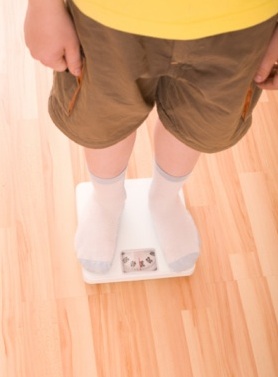Childhood Obesity: What a Doctor Sees
 Did you catch this essay in yesterday’s Inquirer about childhood obesity in Philly? It’s written by local pediatrician Dr. Daniel Taylor.
Did you catch this essay in yesterday’s Inquirer about childhood obesity in Philly? It’s written by local pediatrician Dr. Daniel Taylor.
An excerpt:
It never fails. As I make my way to St. Christopher’s Hospital for Children each morning, I get stuck at a traffic light in the Germantown section of Philadelphia. The intersection is a hub for several elementary and high schools and a large YMCA.
Lately I have become obsessed by a small store with a line of children waiting at the counter, wiping the sleep out of their eyes and taking away black plastic bags full of doughnuts.
Why this obsession? To me, it is a small piece of a great health epidemic facing our nation and our city: childhood obesity.
Taylor says many of the patients he sees are overweight or obese. In fact, he writes, “I am sometimes more surprised when a school-age patient is not overweight.”
Go read the full article for yourself (it’s totally worth it), but what strikes me as most interesting are the kinds of diagnoses that are becoming commonplace in his practice, things like hypertension, sleep apnea, hepatitis—conditions that used to be reserved only for adults. But given that over half of 6 to 12 year olds in Philly are overweight or obese, it’s hardly surprising.
The USDA, which earlier this year released new food guidelines, recommends that kids limit empty calories—ones gained from solid fats and added sugars—to 265 or less a day, depending on age and gender. That’s like two-and-a-half sodas. I’m guessing that most kids (and some adults, too) take in far more empty calories than that.
Thankfully, Taylor does include a success story near the end. He writes of one kid, a 17-year-old, who managed to lose 30 pounds in six months. Taylor had advised him to eat less fat food, stay away from juice and soda, drink lots of water, and work out. And guess what? That’s just what the kid did.
Goes to show that it small changes really can make a big difference.


